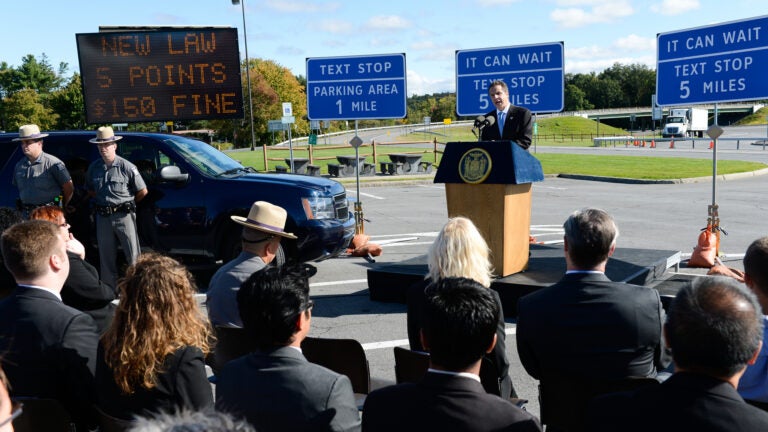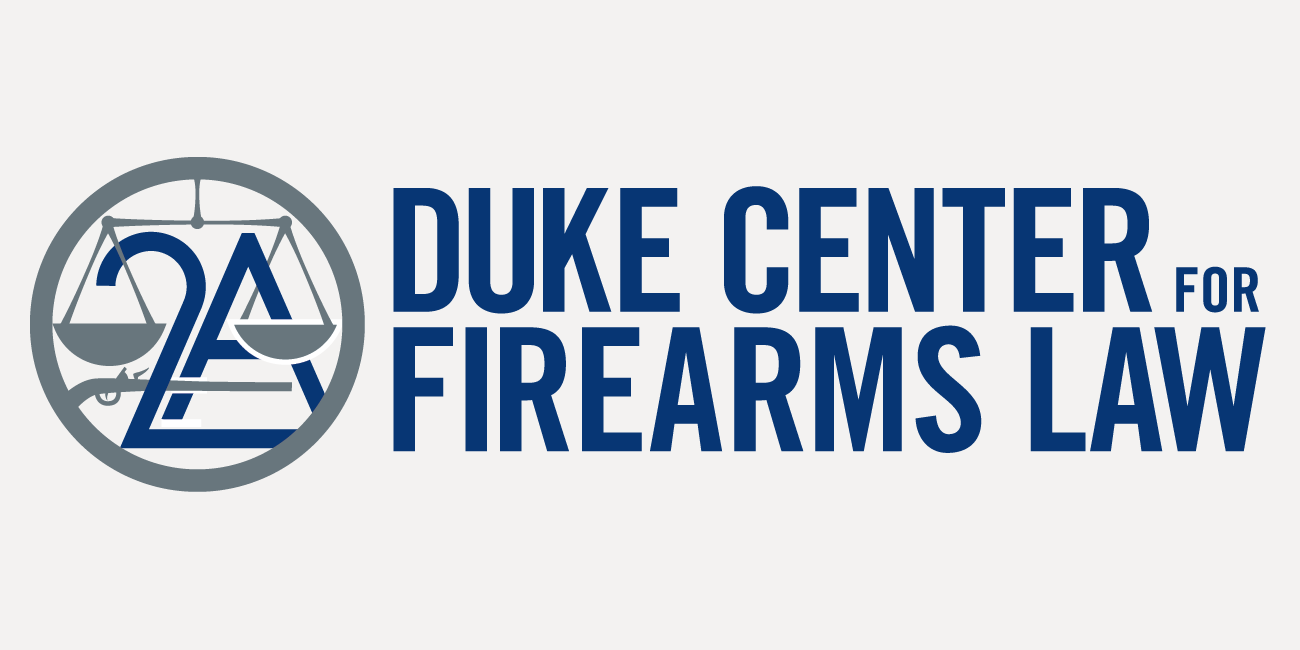The intent of the dealer background check, and the NH law where in a private sale the buyer must be know to the seller (P&R generally accepted to be sufficient) was to address this.
In a private sale this put the liability on the seller and as long as a revoked P&R is taken back (and there is enforcement) this is about as good as it gets for private sales. And I doubt there is more that can be done.
With dealer sales and the 4473 and background check, in most states this accomplishes the same thing. But NH is one of a very few states that do not include the adjudication as mentally ill (the prohibiting factor in this case) in the info submitted to the database. So if he went to a dealer and simply lied on the 4473, the background check would not stop him from getting a gun.
I know background checks are a touchy issue, and certainly what NH does for FtF is enough. And since we are not hearing about sellers being charged we can assume it is working.
As for the instant checks at dealers, well, I think we are stuck with them. They aren't going away. So it's best to refine the process to make it less onerous and more accurate. NH should include a mental health prohibitor. Before you go all hyperbolic, this is only when adjudicated as mentally incompetent (after a trial), it does not need to include any details just a yes or no. And there are processes for it to be removed should the person be deemed recovered.
Other refinements should be, an easier and quicker appeal process, liability on the reporters if they provide false information or fail to update changes, there should also be liability on the Gov for legal fees if an appeal uncovers a mistake. And absolutely keep the default proceed, require that 90% of inquiries must be determined in 1 hour or less during 8am to 10pm local time 7 days a week excluding Fed holidays, with any "delayed" timing out at 3 days (real days not business days, excluding Fed holidays).
Like I said, I don't see these going away, and if we can lock the process down to something not too bad, then we can focus on the underlying reasons and other issues. Like non violent felons, do they really need a lifetime PP. Even felons in general, after they serve their sentence, and a suitable grace period, shouldn't they get their rights back. Or reciprocity, and a preemption clause preventing states from having more restrictions than the Fed. Small changes add up.




![Wink [wink] [wink]](/xen/styles/default/xenforo/smilies.vb/002.gif)